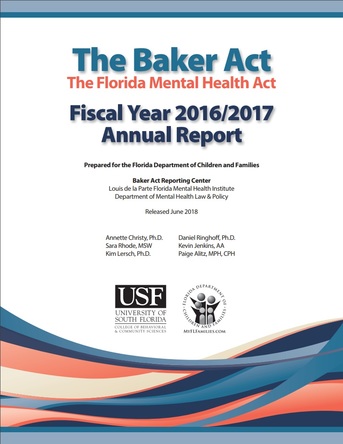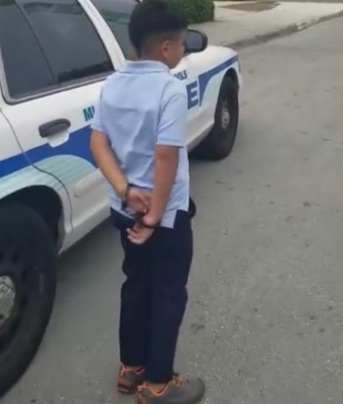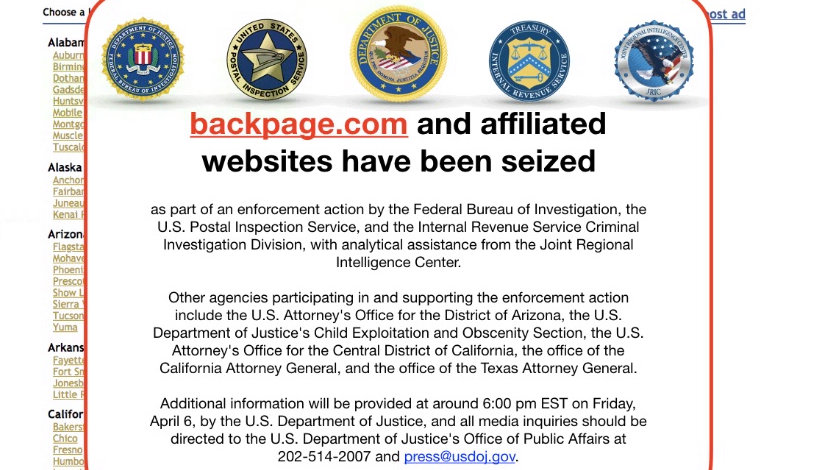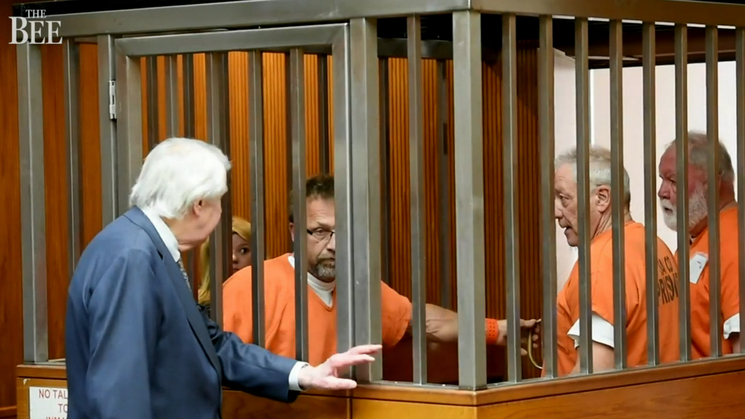APA Continues to Flog Involuntary Commitment
While 7-year-olds are being handcuffed and taken for involuntary psychiatric evaluations, APA authors claim psychiatric coercion is rare and nearly “always necessary when applied.”

Psychiatric Times, the publication of the American Psychiatric Association (APA), recently published commentary from Dr. Allen Frances and Mark L. Ruffalo titled, “Mental Illness, Civil Liberty, and Common Sense.” Remarkably, the article accurately covered none of these three things.
Instead, it was a not-so-thinly veiled apologia for involuntary commitment—the power of the state-backed psychiatric community to whisk away in handcuffs anyone they deem a “danger” to themselves or to others, and hold them against their will.
“More than any other medical specialty,” write the authors, “we sometimes feel compelled, and empowered, to treat patients against their will.”
The article pays just a passing nod to Dr. Thomas Szasz, the psychiatrist who in 1961 railed against the dire threats to civil liberties and human rights implicit in forced commitment to the state hospitals in his book, The Myth of Mental Illness.
By the end of their article, the authors tossed aside the good Dr. Szasz with the smug comment that his position nowadays “has mostly outlived its usefulness because psychiatric coercion is now so rare, and almost always necessary when applied.”
Oh, really? Let us look at the example of Florida, where the Florida Mental Health Act—commonly known as the Baker Act—snatches nearly 200,000 persons involuntarily per year. Many of those taken into custody as “dangers” to themselves or society are children.

A Florida state task force convened last year to study the issue of involuntary commitment of children discovered a 50 percent increase in such cases between the school years beginning in 2010 and 2015. More shocking were the results from between July 1, 2016 and
June 30, 2017, when more than 32,000 involuntary psychiatric exams were conducted on children, according to the Baker Act Reporting Center at the University of South Florida.
Keep in mind that the mechanics of taking a child from school often involves handcuffs, removal to a psychiatric facility where such “dangerous” objects as belts and shoes are removed—clearly a frightful experience for any child in the absence of even a parent or guardian. Not surprisingly, the situation often produces panic and behavior that can be called “anti-social” or “dangerous.”
Consider the case of Kevin Bowles, age 10, as reported earlier this year by the Miami Herald. The fourth grader became agitated when his teacher told him to stay in class during recess to make up some school work. One of his teachers told another to call the Baker Act number, according to what Kevin later told his mother.
Kevin pleaded unsuccessfully “Please, please don’t call Baker Act, don’t call Baker Act,” before trying to run from the school. The vice principal caught him and handed him over to the police. The only way Kevin’s mother was able to keep him out of handcuffs was by agreeing to take Kevin to a clinic for evaluation herself. Not surprisingly, Kevin was judged as being no threat to himself or anyone else.
Not all of Florida’s school kids are as fortunate. According to state data reported by the Herald, three times every day on average the Baker Act is used in Miami-Dade County’s public, private and charter schools. This is a clear misuse of the legislation against kids.

The Baker Act became a national issue recently, owing to the network news broadcast of video in which a Coral Way K-8 Center first grader was handcuffed and put in the back of a patrol car.
This incident was not exceptional, according to Diane Stein of the Citizens Commission on Human Rights (CCHR) Florida chapter. She notes that CCHR Florida gets dozens of calls every week from Florida parents whose children have been swept up by the Baker Act, and that about 70 percent of them do not meet the legislation’s criteria.
CCHR Florida points out that there are more than 100 physical ailments known to mimic symptoms of mental illness, which explains some of the problem. Also reported in the Herald, two South Florida special education lawyers with separate practices—Stephanie Langer and Allison Hertog—have represented numerous clients who have been “Baker Acted” for behavior that stems from a disability.
But there is also ample evidence that some teachers use the Baker Act just to rid themselves of troublesome students. “Once a child has been Baker Acted,” Langer told the Herald, “there’s a threat that hangs over a family’s head. The families are afraid to bring their kids back to school. A lot of kids drop out, which I think is the ultimate goal.”
Of course, Dr. Frances and Mr. Ruffalo do not address in their article the issue of involuntarily committing children and adults who pose no danger to themselves or others. Instead, they beam over their claim that the issues raised by Dr. Szasz 60 years ago no longer apply because “the current clinical and legal reality has reversed.”
Gentlemen, get ye to Florida and see what you have wrought.











